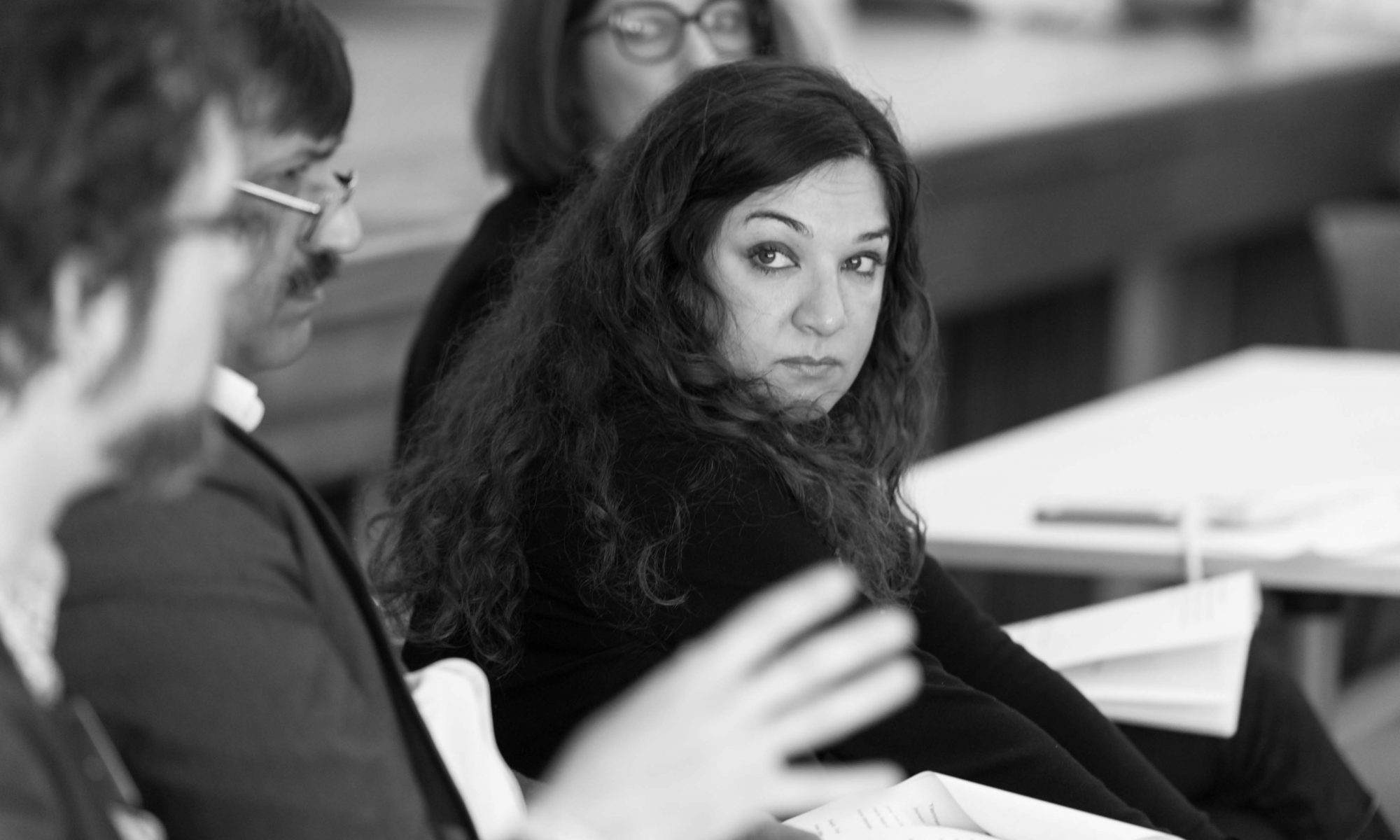Not enough is known about the experiences of disabled people in professional occupations. They are largely absent in academic research, their presence, seemingly unexpected. The premise of this project is that disabled people are both ambitious and talented, however, they need to be ‘seen’ and ‘expected’.
The funding for Legally Disabled has now closed but you can still get in touch with queries or requests.
Please email lead researcher, Prof Debbie Foster, on FosterD1@cardiff.ac.uk
The research investigated and mapped out the negative and positive experiences, choices and views of qualified disabled people working or seeking to work in the legal profession.
We included people with health conditions and impairments who may not define themselves as being disabled, as well as those who do.
If you’d like to know more, take a look at the page explaining how disability can be defined.
The success of the project relied on disabled legal professionals having full involvement in the design and delivery of the research. This ensured that we focused on the issues that you’ve identified as your priorities and support partner groups, to improve their ability to engage with and co-produce future research studies.
We produced a report and other material such as blog posts and papers from the research in order to share the findings and influence policy and practice across the legal profession and beyond.
What we investigated
We explored the experiences of disabled people in the legal profession to discover:
- What barriers exist to gaining employment and career progression and how these may influence the choices people make within the profession.
- What factors have proved successful in addressing or mitigating some of these barriers.
For example,
- How do employer attitudes impact on career opportunities and choices?
- What valuable skills do disabled professionals possess and are these recognised?
- Are there different experiences for disabled people entering the profession to those acquiring a health condition or impairment when their career is already established?
- What factors are important for disabled legal professionals in building success?
- How well understood are the range of physical, sensory, mental health and other conditions disabled people experience?
- Is adequate access and support available?
- Do people disclose conditions to employers or colleagues and what influences these decisions?
- What are the experiences of disabled legal professional who have other identities (eg relating to race, gender, sexuality and so on)?
From this research, we identified ways in which the legal profession can create change in order to become more inclusive and accessible for disabled people. We continued to work in coproduction with the Lawyers with Disabilities Division of The Law Society and can still consider requests for further engagement with other organisations.
Who we included
We explored the experiences of disabled people and people with health conditions (including mental health) working in the legal profession.
This research included:
- Solicitors
- Barristers
- Legal executives
- Clerks
- Those who are qualified but unemployed
- Lawyers who were once employed in the legal profession but have since left (and during the time employed, were disabled)
Participants included:
- Self-employed
- Work in small firms or large companies
- Full time or part-time
- A graduate undertaking recognised legal training to qualify to practice
- Non-graduates undertaking recognised vocational training to qualify to practice.
Who we could not include:
- We did not include undergraduates who are currently studying a law degree.
- The study is confined to England and Wales.
Perhaps you chose to work in a specific area of law because you felt it would be more accessible and easier to manage than other options. You may already have a well-established career but are now concerned about future progress due to an acquired health condition or impairment. Perhaps you chose to leave the profession because you didn’t have the support needed to manage your health or impairment around your work. Your experiences are all incredibly valuable for us to capture.

